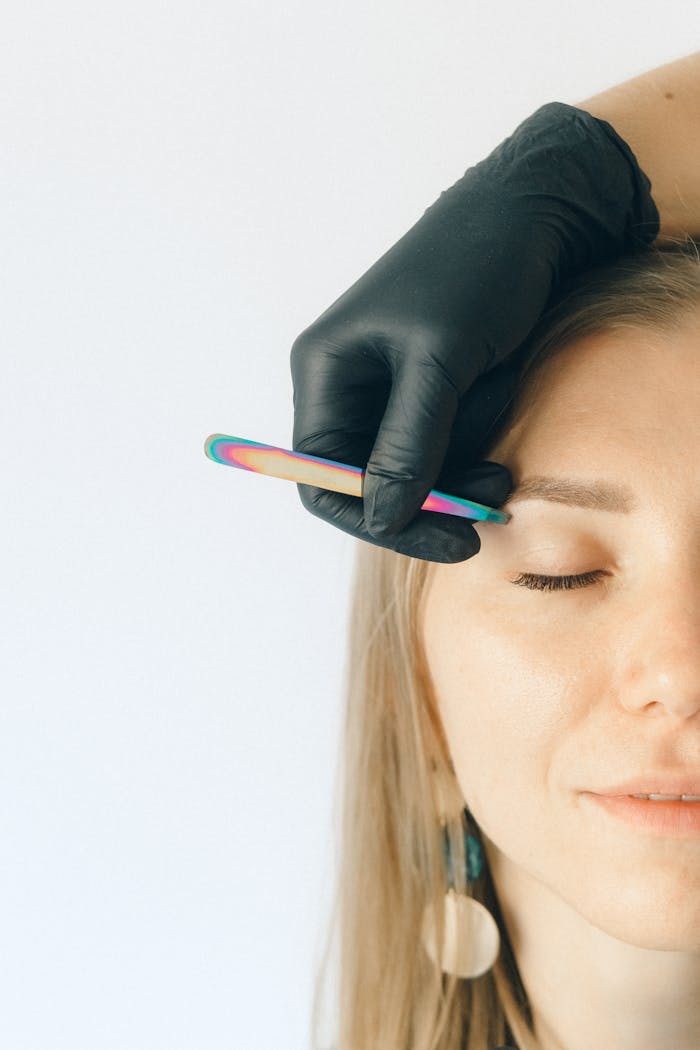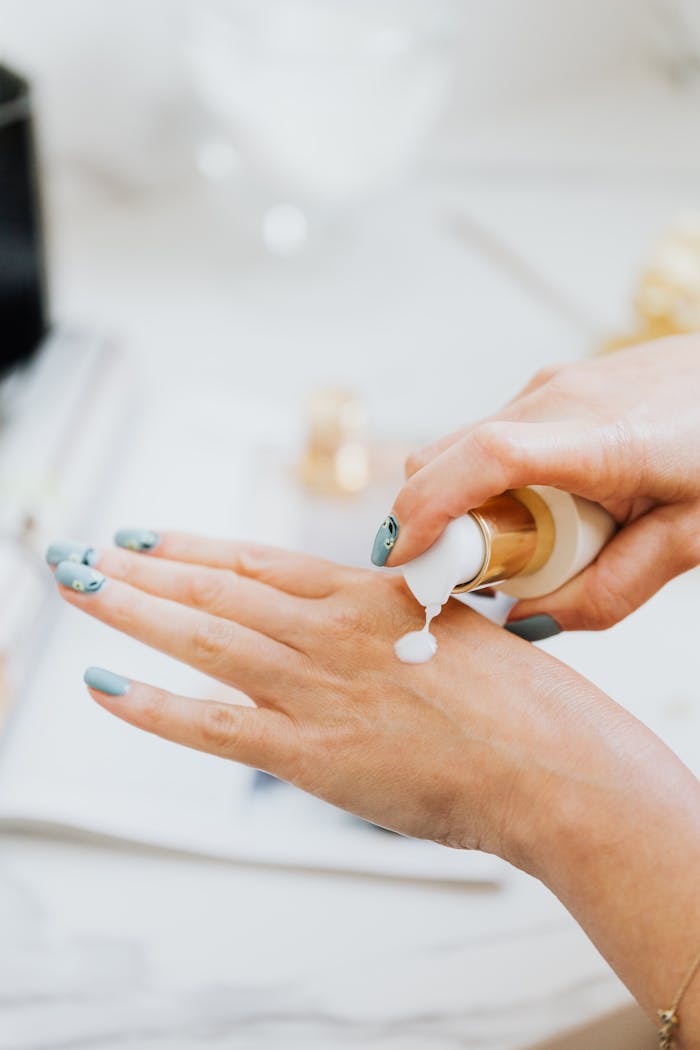The Importance of Nutrition for Skin and Health: What You Eat Shows
When it comes to glowing skin and overall health, the saying “you are what you eat” couldn’t be more accurate. The foods you consume play a crucial role in the health of your skin and body. A well-balanced, nutrient-rich diet not only enhances your physical well-being but also nourishes your skin from the inside out.
In this article, we’ll explore the connection between nutrition and skin health and provide practical tips on how to improve your diet for radiant skin and overall wellness.
Nutrition and Skin Health
1. Hydration: The Foundation of Healthy Skin
Why it matters: Water is essential for maintaining skin hydration, elasticity, and overall health. When your body is dehydrated, your skin appears dull, dry, and prone to fine lines. Hydration helps flush out toxins, keeps skin supple, and supports cellular functions.
What to consume: Drink at least 8 glasses of water per day, and boost your hydration with water-rich foods like cucumbers, watermelon, and oranges. Herbal teas and coconut water are also great hydrating alternatives.
Pro tip: Start your day with a glass of warm water and lemon to hydrate and boost your digestion.
2. Omega-3 Fatty Acids for Supple Skin
Why it matters: Omega-3 fatty acids are essential fats that help maintain the skin’s lipid barrier, preventing dryness and inflammation. They keep your skin soft, plump, and resilient against environmental stressors like pollution.
What to consume: Incorporate fatty fish such as salmon, mackerel, and sardines into your diet. If you’re plant-based, opt for chia seeds, flaxseeds, walnuts, and algae-based supplements to get your dose of Omega-3s.
Pro tip: Supplement with fish oil or Omega-3 capsules if you’re not getting enough through your diet.
3. Antioxidants: Your Skin’s Defense Against Aging
Why it matters: Antioxidants help neutralize free radicals—unstable molecules that damage skin cells and accelerate aging. By consuming antioxidant-rich foods, you can protect your skin from premature aging, inflammation, and environmental damage.
What to consume: Focus on fruits and vegetables rich in vitamins A, C, and E. Berries, leafy greens, sweet potatoes, and citrus fruits are packed with antioxidants. Incorporate these into your daily meals for a youthful, glowing complexion.
Pro tip: Green tea is a powerhouse of antioxidants. Enjoy a cup daily to boost skin health and fight free radicals.
4. Vitamin C for Brightness and Collagen Production
Why it matters: Vitamin C is a key nutrient for brightening the skin and boosting collagen production, which keeps skin firm and elastic. It also helps repair damaged skin and reduce the appearance of dark spots and hyperpigmentation.
What to consume: Add citrus fruits like oranges, lemons, and grapefruit to your diet, as well as strawberries, bell peppers, and broccoli. These are all rich in vitamin C and can help keep your skin radiant.
Pro tip: Pair vitamin C-rich foods with iron-rich foods like spinach or lentils to enhance absorption and promote healthy blood circulation.
5. Zinc for Healing and Acne Control
Why it matters: Zinc is a mineral that supports the healing of damaged skin, reduces inflammation, and helps regulate oil production. It’s especially beneficial for those struggling with acne or breakouts.
What to consume: Include zinc-rich foods such as pumpkin seeds, lentils, chickpeas, quinoa, and oysters in your meals. Zinc supplements can also be beneficial if you’re deficient in this mineral.
Pro tip: If you’re prone to acne, make sure to avoid processed foods, as they can worsen breakouts by increasing inflammation.
6. Healthy Fats for Glowing Skin
Why it matters: Healthy fats are essential for maintaining your skin’s natural moisture and preventing dryness and irritation. They help build the skin’s protective barrier and retain moisture, giving you a healthy glow.
What to consume: Avocados, olive oil, nuts, seeds, and fatty fish are great sources of healthy fats. These fats not only hydrate the skin but also improve its elasticity and smoothness.
Pro tip: Drizzle olive oil over your salads or blend avocados into smoothies for a delicious way to boost your healthy fat intake.
7. Probiotics for Gut Health and Clear Skin
Why it matters: Your skin’s health is closely tied to the health of your gut. Probiotics promote a healthy gut microbiome, which can reduce inflammation and improve skin conditions like eczema, acne, and rosacea.
What to consume: Incorporate fermented foods like yogurt, kefir, sauerkraut, kimchi, and kombucha into your diet. These are rich in probiotics, which help maintain a healthy balance of gut bacteria.
Pro tip: Include prebiotics—found in foods like garlic, onions, and asparagus—to feed the good bacteria in your gut and enhance the effects of probiotics.
8. Vitamin A for Skin Repair and Anti-Aging
Why it matters: Vitamin A is vital for skin cell turnover, repair, and anti-aging. It helps reduce the appearance of fine lines, wrinkles, and acne, and keeps your skin smooth and firm.
What to consume: Add foods like carrots, sweet potatoes, spinach, and kale to your diet for a good dose of beta-carotene, which your body converts into vitamin A.
Pro tip: A diet rich in vitamin A can help protect your skin from UV damage and promote faster healing after sun exposure.
Bonus Nutrition Tips for Overall Skin and Health
Bonus Nutrition Tips for Overall Skin and Health
- Avoid processed sugars and refined carbs: These can trigger inflammation and breakouts, leading to dull skin and premature aging.
- Eat a variety of colorful fruits and vegetables: The more variety, the more antioxidants and nutrients you’re giving your skin.
- Limit alcohol and caffeine: Both are dehydrating and can make skin look tired and dry. Opt for hydrating drinks like herbal teas and infused water.
- Protein for skin repair: Include lean proteins like chicken, tofu, and beans to support collagen production and skin repair.
The Connection Between Nutrition and Skin Health
While topical skincare products are important, what you put into your body is equally vital. A diet rich in whole, nutrient-dense foods promotes not just radiant skin but also overall health and longevity. By nourishing your skin from within, you can enjoy a glowing complexion, reduced signs of aging, and improved energy levels.
Conclusion
Healthy, glowing skin starts from within. By incorporating a balanced diet filled with hydration, essential vitamins, healthy fats, and antioxidants, you’ll not only feel better but see visible improvements in your skin. Remember, the foods you eat can nourish, protect, and repair your skin from the inside out.



